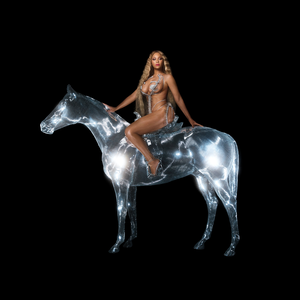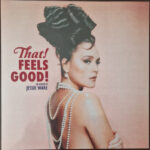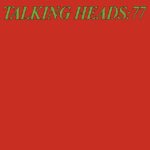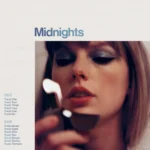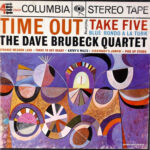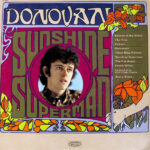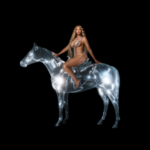 Beyoncé’s seventh solo album, “Renaissance,” is a masterpiece that has been widely praised by critics for its maximalist sound, danceable beats, and celebration of Black joy and sensuality. The album is a breathtaking, maximalist tour de force that pounds all resistance into submission from the beginning. The album’s scholarship is dense, with samples, cameos, references, and interpolations deployed to connect broader social and political narratives to the details of Beyoncé’s fiercely guarded private life. The album is a guided tour of Black dance-music history that revels in its dualities, peppering modern sounds with references to past classics, house music, and Afrobeats.
Beyoncé’s seventh solo album, “Renaissance,” is a masterpiece that has been widely praised by critics for its maximalist sound, danceable beats, and celebration of Black joy and sensuality. The album is a breathtaking, maximalist tour de force that pounds all resistance into submission from the beginning. The album’s scholarship is dense, with samples, cameos, references, and interpolations deployed to connect broader social and political narratives to the details of Beyoncé’s fiercely guarded private life. The album is a guided tour of Black dance-music history that revels in its dualities, peppering modern sounds with references to past classics, house music, and Afrobeats.
Beyoncé’s singing on the album is transcendent, and her voice is near the galactic. The range of her voice is impressive, and the imagination powering it qualifies as cinema. She coos, she growls, she snarls, she doubles and triples herself. The album’s embrace of house music unambiguously aligns Beyoncé with queer Black folks. The knotty symbiosis between cis women and gay men is one of the histories that the album is oriented towards.
The album is intensely, almost overwhelmingly emotional as Beyoncé savors the desire and satisfaction in her own life while contemplating the availability of those sensations to people on the margins. The album is filthy and gritty with pulsating cadences that effortlessly fuse house music with Afrobeats to make up the best dance album of 2022. The album is a feel-good manifesto that celebrates Black joy and sensuality, while paying homage to the historic continuum of Black dancefloor therapy.
The album is a knowingly expansive canvas that showcases Beyoncé’s flexibility across its hour-long running time. But it also has moments where she goes from here to there in the blink of an eye. The album is a high-flying balancing act, full of expensive shit but also calling back to the Beyoncé who sang “Jumpin’, Jumpin'” and “Bills, Bills, Bills.” She’s centering day-to-day desires, not the overarching struggle.
Renaissance feels like a guided tour of Black dance-music history, particularly in “Pure/Honey” and “Alien Superstar,” where Beyoncé presides over productions juxtaposing the plastic sheen of ’80s radio pop, the brash beats and braggadocious commentation of ballroom competitions, and the rhythmic gymnastics of New York rap. The album shares 4’s almost carnal intimacy. The songs about going out with your husband and leaving early for inebriated hijinks plant us firmly in Beyoncé’s world.
In conclusion, “Renaissance” is a must-listen for fans of dance music and Beyoncé alike. The album showcases Beyoncé’s flexibility and range as an artist and is a breathtaking, maximalist tour de force that celebrates Black joy and sensuality while paying homage to the historic continuum of Black dancefloor therapy. The album is a masterpiece that will be remembered for years to come.
This post has already been read 273 times!
